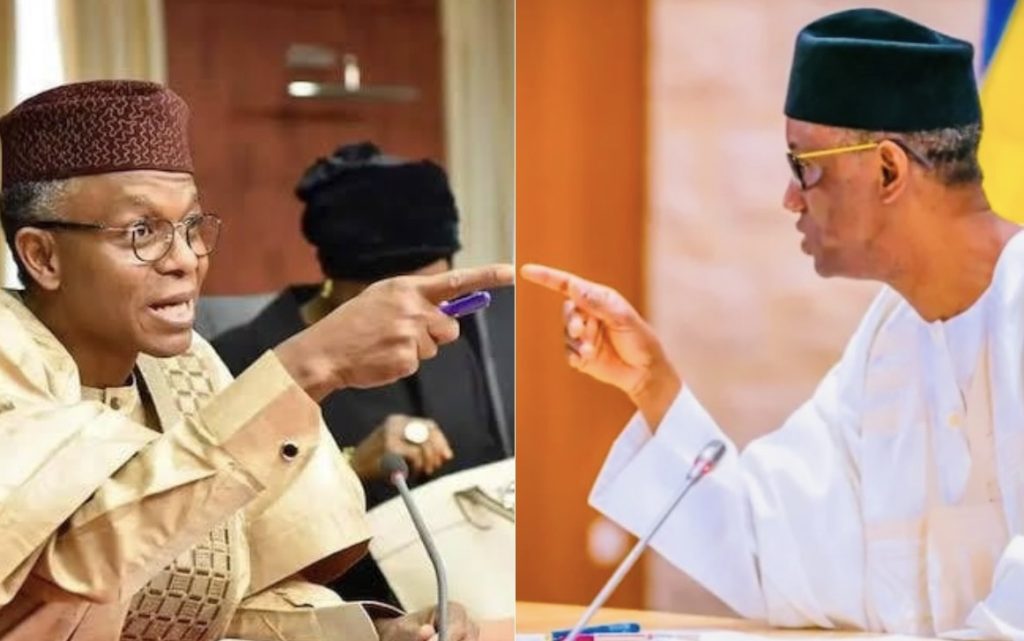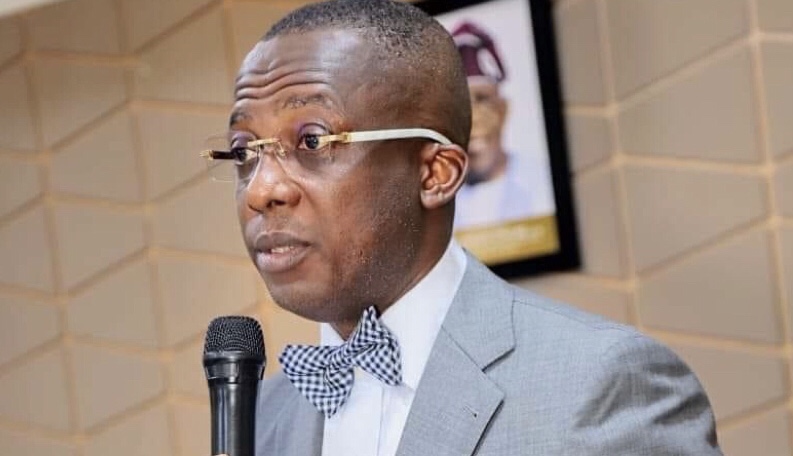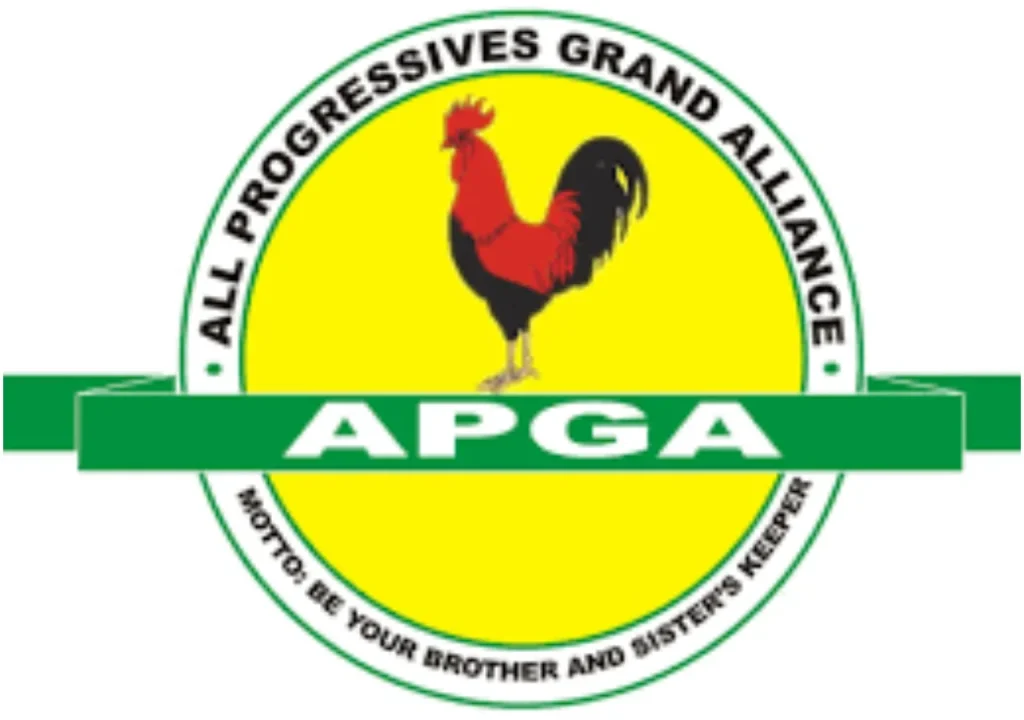The Supreme Council for Shari’ah in Nigeria’s Kaduna State Chapter has criticized comments made by Reverend Matthew Hassan Kukah, linking the implementation of Shari’ah law in northern Nigeria to rising violence. In a statement, the Council described the remarks as “unfair and insensitive,” arguing that they misrepresent the essence and historical significance of Shari’ah in the region.
According to the Council, Shari’ah is a reflection of faith, tradition, and moral discipline deeply rooted in the lives of millions of Muslims, rather than a political weapon. The Council maintained that insecurity in northern Nigeria stems from socio-political challenges, such as corruption, poor governance, and societal inequality, rather than religion. It emphasized that numerous studies have shown that violence often arises from these factors, rather than from religious beliefs.
The Council also highlighted that Shari’ah predates colonial rule in Nigeria and forms an integral part of Muslim identity. Muslims in northern Nigeria have practiced Shari’ah for centuries, and it remains a way of life, not an imposition. The Council warned against statements that could inflame religious tensions and urged mutual respect between Christian and Muslim leaders.
The Council’s Secretary, Engr. AbdurRahman Hassan, challenged Reverend Kukah to consider how Canon Law might function in Christian-majority states, to determine whether his objection to Shari’ah stems from principle or prejudice. The statement concluded with a call for restraint and interfaith understanding, stressing that religious leaders must promote peace, not division.
The Council emphasized that religious leaders must be agents of peace, and that the true test of any legal system is its ability to protect rights, promote justice, and foster peace. Hassan reaffirmed that when properly applied, Shari’ah upholds justice and harmony, and urged Nigerians to focus on good governance and national unity instead of demonizing any faith tradition. The Council’s response highlights the need for nuanced understanding and respect for different religious and legal systems in Nigeria.



